Tuesday, 23 April 2024
Menu
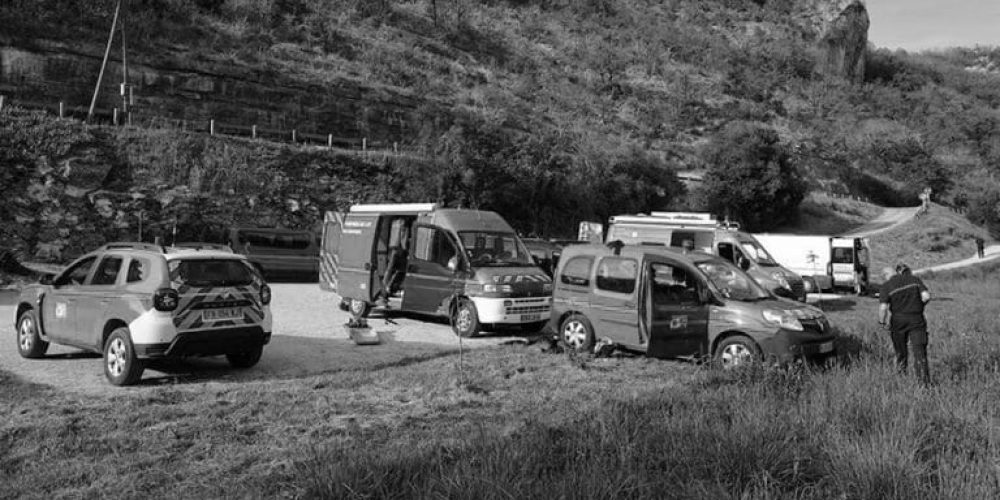
A few days ago while diving in France Robert died. It is a very sad situation, especially painful for family and friends. I think it’s enough of such accidents and it’s time to describe the main reason why Polish divers reign in the ranking of fatal accidents. Because of this, we also increasingly often meet with reluctance on the part of foreign dive site operators.
I would like to begin by expressing my condolences to Robert’s family and true friends. Please accept my deepest sympathy and understanding of your pain at the loss of Robert. I realise that what you read below will not be pleasant for you. I also hope that it will contribute to making the future such a death is less. That there will be none at all, I sadly do not believe.
I met Robert personally relatively recently, a little over a year ago. In April 2020 he approached me that he wanted to buy a rebreather and train with me. After a long conversation and getting to know Robert, his diving experience and motivation, we agreed on his further development and our cooperation.
April and May were the months of the pandemic and the high restrictions, so we used this time to learn the theory related to rebreathers. We spent long hours in online classes. At the end of May we arranged the first training dives at “Koparki” in Jaworzno. Here Robert did his first ever CCR dives with me. It is important and worth stressing that Robert was not hiding about it and publicly admitted that he had never dived with CCR before. This was also the reason why we did a full CCR course and not a crossover from another unit.
And it was on the “Diggers” that the first discrepancy between Robert’s statement about his experience and skills and the facts occurred. Robert decided to use a sidemount rebreather, which requires some experience and practice in such a configuration. Robert declared that he is an experienced sidemount diver and uses this configuration in caves. Unfortunately, already on the surface it turned out that his knowledge and skills in sidemount are far from the accepted standards for such diving. This was evident, among other things, in the configuration of his equipment (or rather the lack thereof). He came with harness, which he was just trying to configure and cylinders attached like stage in backmount configuration. I think that for many sidemount instructors and sidemount divers it will be clear what I am writing about.
It is also noteworthy that during the verification of Robert’s credentials I did not find anywhere his diver’s credentials sidemount. I therefore asked him for a copy of such a certificate. I like to have everything in the student’s file. Here, although such a certificate is not required, I wanted to know the name of the instructor who issued it. From then on, we also worked on Robert’s sidemount configuration skills.
We spent the last 5 days of July 2020 on the Hancza River at Banana Divers base to fine tune all Robert’s elements and skills to a level that will allow him to continue to train and progress towards CCR diving on his own. So that next year he will be ready for CCR training at Normoxic Trimix level. Our deepest dives during the course were 35 metres. We completed our dives on 30 July 2020. On 20 August 2020, after passing the final exams, he obtained the first and lowest level of CCR certification allowing him to dive to a maximum depth of 40 metres with an air diluent (with a minimum oxygen content of 21% in the diluent) and one stage.
On 1st August, i.e. on the first day after completing all the necessary course dives for CCR diving to a maximum depth of 40 metres, Robert and his “friend” made a dive to 92 metres using the CCR.
On 3 September, Robert and his “friend” performed a mine dive (overhead dive) to a depth of 95 metres. And from unofficial information it is known that Robert also performed a dive to 120 metres in the same mine.
On the 5th of September Robert goes to the island of Vis in Croatia, where he makes a series of deep dives (deeper than the limits of his newly acquired qualifications). Witnesses to these dives claim that, miraculously, no tragedy occurred. Although one person in Robert’s group was in very serious trouble.
February 2021. Robert and his ‘friend’ are going to Italy to dive the Fontanazzi cave at depths of less than 100 metres. He does this using a rebreather.
On 8 May 2021, Robert decides to perform a dive in the Ressel cave (closed-ceiling environment), carrying a CCR with hypoxic gas with 10% oxygen as diluent, 4 stages including one 20-litre cylinder and 2 scooters. Unfortunately, this time there was no luck. Why do I write luck? Because 3 months earlier, just before Robert’s departure to Italy, after one of our discussions about his lack of diving skills, I wished him on FB “a lot of luck, because he will need it, although in my opinion a better tool would be knowledge and skills”.
Lack of knowledge, skills and experience to safely perform such a dive in this configuration.
At the time of the accident, Robert’s diving qualifications entitled him to dive a CCR with one stage, with air diluent (minimum oxygen 21% or more), in an open water environment, without DPV.
Robert broke all standards and went beyond the scope of his training. For such a dive he should have at least qualified at the level of CCR Trmix, CCR Cave, DPV Cave. It does not matter whether it was a screwed up oxygen cylinder, rebreather failure or other factors. In short – Robert should not have made such a dive, in such a configuration and in such a place.
It is also worth noting that it is elementary practice for every cave diver to fully inspect their equipment just before diving. So one would expect that an experienced cave diver going on any dive (not to mention a dive as serious as the one planned) would make a check of every piece of equipment in the water, just before diving. Not doing such a check before diving shows either total ignorance or total overload of tasks. This is all the more strange given that Robert had completed a cave instructor course the day before*, where, like a mantra, such checks should be performed until they become a habit.
*Actualisation 15/05/2021
“Robert has not completed the Cave instructor course. This trip was the second stage of this course (the first time we met for assists was in March). On Friday, the day before the trip, Robert was informed that he had not passed the course and would not be able to proceed to the final stage.” – a message of this content was sent to us by Marek Cacaj – editor
1 September 2020. – Robert is getting 3 certifications (physically 6, because 3 each from two different organisations): the CCR Air Dilent, CCR Noirmoxic Trimix and CCR Trimix. I don’t know how he managed to do all this and make over 100 h of dives since 20 August (because he didn’t boast then that he started doing something), but let it be from 2 August, when he left Hancza, to 1 September. That comes out to about more than 3 h a day, day after day….
But assuming that he really managed to do it, then unfortunately the sidemount rebreather has different solutions than the backmount and quite different than the Inspiration, for which he obtained 6 certificates in one day. Different enough that even someone pretending to be a CCR guru does not know that there is no AVD in Robert’s rebreather, writing nonsense (reproduced by others) that an open AVD could have been the cause of the accident.
November 2018. Robert is certified as a TecRec Trmix OC diver (dives to 100 metres) and becomes a TecRec Trimix instructor to 100 metres on 10 December.
Despite various attempts, to this day I have not found Robert’s sidemount diver certificate anywhere (in any federation). Before completing his course with me, he provided me with a copy of his sidemount instructor certificate.
Apparently Robert was a DPV instructor, but I couldn’t find his DPV diver certification anywhere either.
1) When I see a friend wanting to do something stupid and overstepping their authority, do I stand by passively, help them or try to dissuade them?
(2) As a cave and/or CCR diving instructor, if I know that someone I know is breaking cave and/or CCR diving standards, will I try to dissuade them or help them?
3) If I am an instructor and I give a certificate to a friend, should I do it without verifying his skills? Won’t I harm him by doing so?
(4) Being an Instructor Trainer and training instructors, should I pay attention to their experience and skills? Or is it just about getting the paperwork to match?
Let’s dive according to our qualifications. Knowledge from a given level may not be sufficient to dive to a higher level. After all, training is divided into stages for a reason. There is a wise saying “you never know what you don’t know”.
2) If you see someone overstepping their training, try to stop them and explain that it is dangerous.
(3) If I am an instructor or other professional in the diving industry, I set an example for others. I do not break standards and I do not allow standards to be broken.
(4) To be a good instructor you need to be an experienced diver in the particular field in which you are training others. Someone who has experience in OC does not necessarily have it in CCR. Let’s have common sense both as instructors and Instructor Trainers certifying new instructors.
I wish everyone caution and safe dives. And may we never again have to read entries such as “while pursuing his passion, an experienced diver and instructor died”.

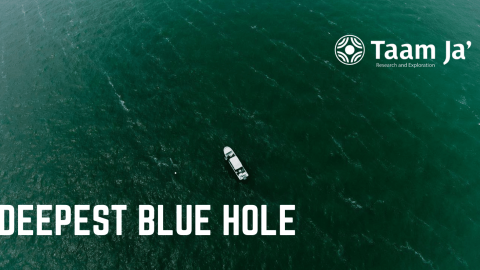
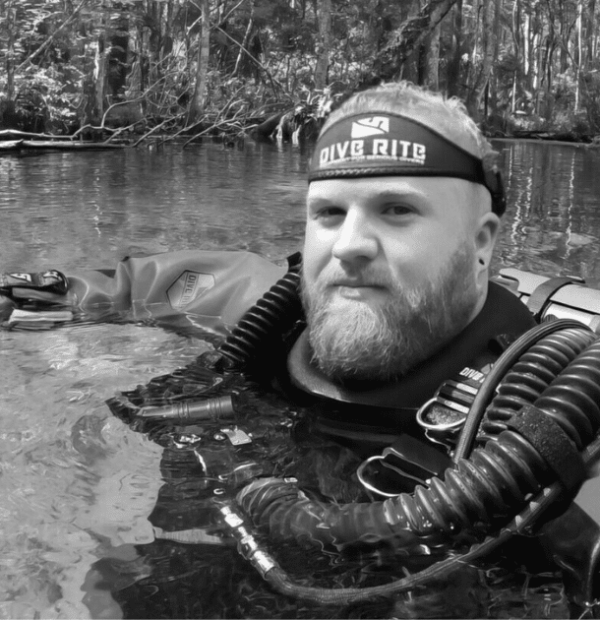

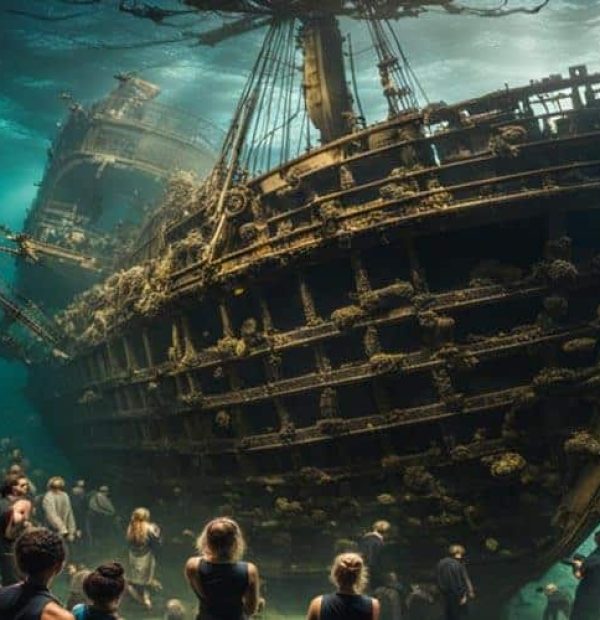
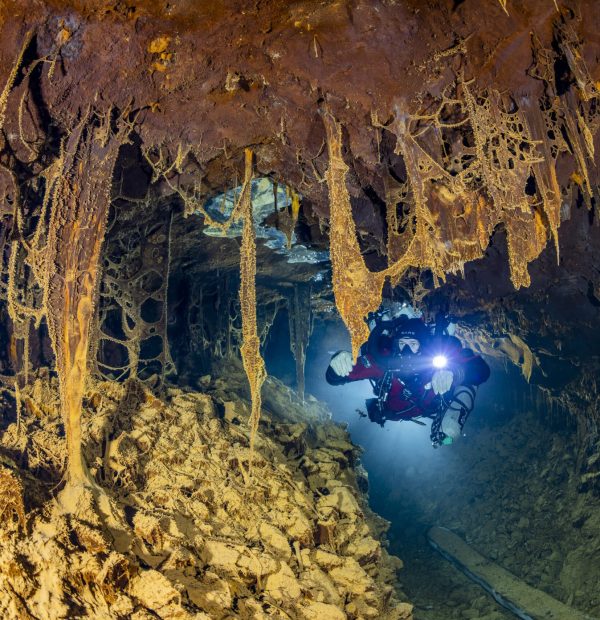
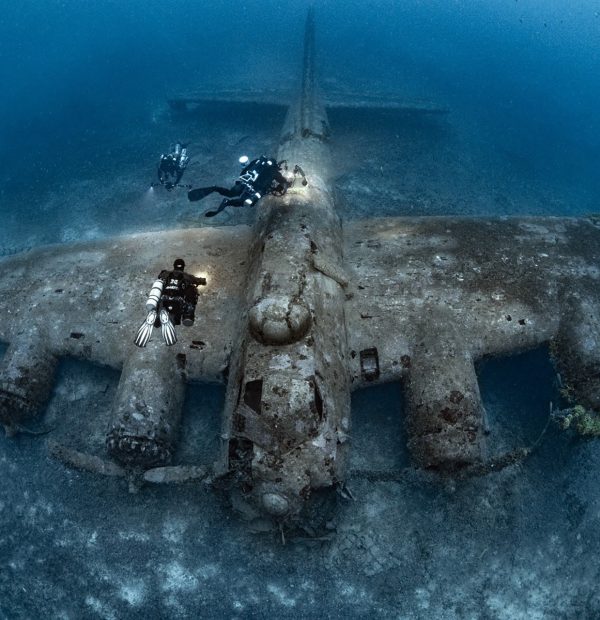
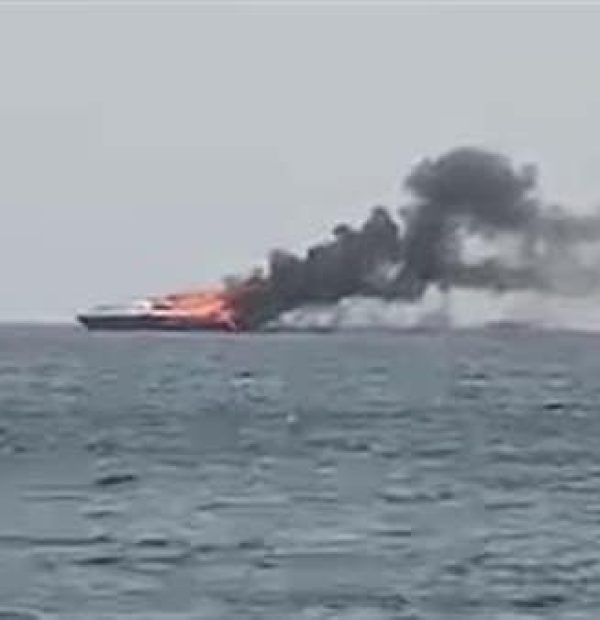
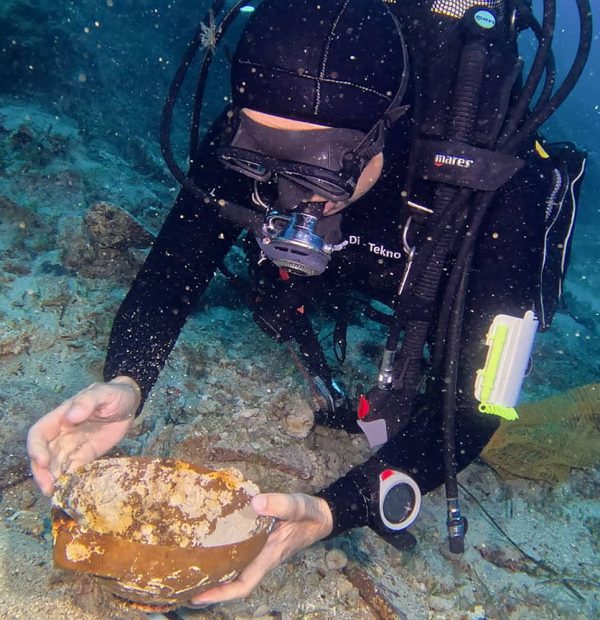

Welcome to DIVERS24.COM, your daily source of scuba news, freediving, scuba diving information, and equipment reviews. Our comprehensive coverage of the dive industry from A to Z provides you with all the latest scuba news, training updates, underwater photography tips, and everything else related to scuba diving. Whether you’re a beginner or an experienced diver looking for more knowledge about scuba gear or techniques – we’ve got it covered! With our in-depth articles written by experienced divers who have been there and done that, you are sure to find exactly what you need here at Divers24.com. Dive into scuba news today!
Underwater Media Sp. z o.o.
Szafarnia 11/F8,
80-755 Gdansk, Poland
Welcome to DIVERS24.COM, your daily source of scuba news, freediving, and scuba diving information. Sign in for a weekly news update and discount coupons for dive gear and apparel.
@2023 - underwatermedia.pl. All Right Reserved. Designed and Developed by Tworzenie stron internetowych Gdansk

The Divers24 portal is currently the largest online medium treating diving in Poland. Since 2010 we have been providing interesting and important information from Poland and around the world on all forms of diving and related activities.
Contact us: info@divers24.com